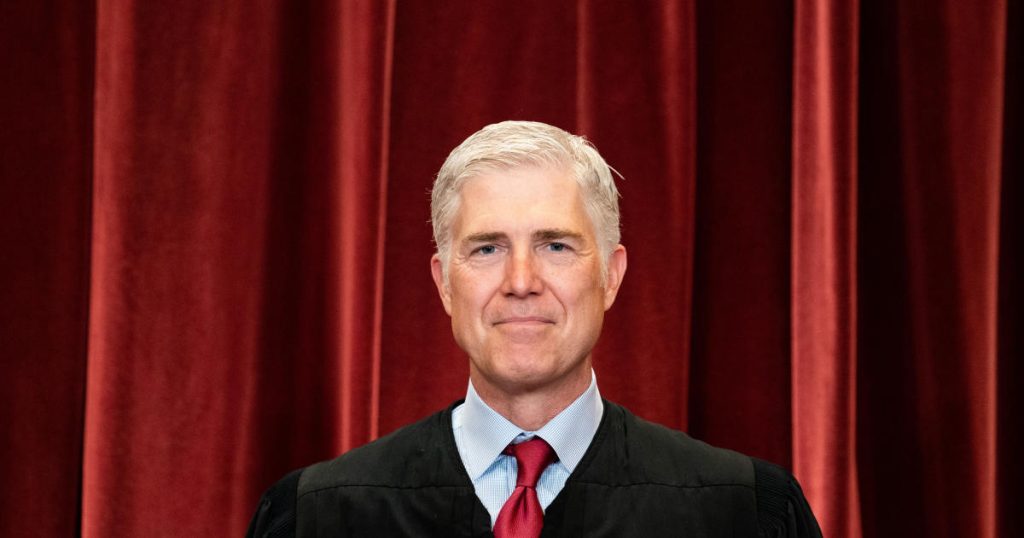Justice Neil Gorsuch raised concerns about nationwide injunctions in two recent cases before the Supreme Court, one involving the Biden administration’s communications with social media companies and the other regarding the accessibility of an abortion pill. These injunctions, issued by federal district courts, block federal agencies from certain actions nationwide, troubling Gorsuch and leading to questions about the soundness of these broad orders.
The increase in nationwide injunctions has been evident over the past few years, particularly during the Trump administration, where 64 orders were issued against its policies. However, it is not solely Republican presidents whose policies have been derailed by lower court judges, as 14 orders were issued against the Biden administration and 12 against former President Barack Obama’s initiatives. Critics argue that these injunctions undermine the judiciary’s legitimacy and the application of the law in a clear way.
The rise of nationwide injunctions can be attributed to politics, as courts have become a battleground for high-profile political disputes due to congressional gridlock and presidential unilateral actions. This has created an opportunity for lawsuits that strategically target friendly forums, leading to judges imposing nationwide remedies to rein in presidents. The combination of factors including congressional sclerosis, presidential adventurism, and judicial excessiveness has contributed to the increase in these injunctions.
In the abortion pill case, Judge Matthew Kacsmaryk’s order would have enforced more stringent rules for mifepristone use nationwide, prompting questioning from Gorsuch and Justice Ketanji Brown Jackson. The scope of relief sought by the anti-abortion physicians raised concerns about the injury claimed and the remedy being sought, highlighting the mismatch between the two. The Supreme Court intervened to maintain the FDA’s relaxed rules for mifepristone’s availability while the case is under review.
In another case involving social media companies, Justice Gorsuch expressed concerns about an “epidemic” of injunctions in recent years. He questioned the propriety of extending relief to parties not directly involved in the case and emphasized the need for tailored remedies. These cases, reaching the Supreme Court quickly, impede other courts from weighing in on legal questions and create challenges for government initiatives.
Efforts to address the issue of nationwide injunctions include proposed legislation in Congress, with bills introduced by Democrats seeking to limit the ability of a single judge to set policy for the nation. However, the politicized nature of these injunctions may hinder progress on passing such measures, as members of Congress are divided along party lines based on the president in office. The Supreme Court has yet to directly address the legality of nationwide injunctions, despite concerns expressed by justices like Gorsuch and Clarence Thomas.


